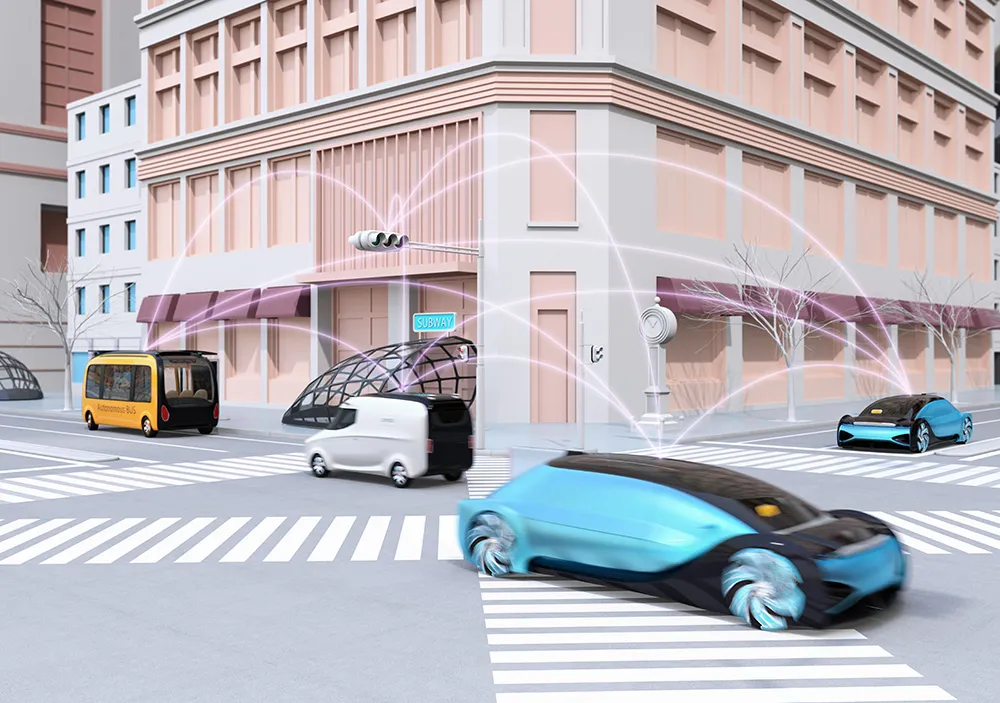US Traffic Corporation has been awarded a procurement contract by the New York City Department of Transportation (NYC-DOT) to provide advanced solid-state traffic control devices to expand system upgrades across the city. The agreement calls for the company to supply traffic control cabinets, intersection signal controllers, as well as related software and hardware over the next several years to replace aging electromechanical controller systems throughout New York City.
May 17, 2012
Read time: 2 mins
US Traffic Corporation has been awarded a procurement contract by the 5590 New York City Department of Transportation (NYC-DOT) to provide advanced solid-state traffic control devices to expand system upgrades across the city. The agreement calls for the company to supply traffic control cabinets, intersection signal controllers, as well as related software and hardware over the next several years to replace aging electromechanical controller systems throughout New York City.
Mike Hobbs, VP of operations for US Traffic and Peek Traffic Corporation, noted, “This contract marks the third award in a row by the New York City DOT to our organisation; this last phase being the largest traffic control contract ever awarded in North America, and is based upon our demonstrated expertise and ability to provide the latest technology in intersection control.”
The bid requirement and scope of this multi-year project focuses on the balance of New York City’s more than 12,000 signalised intersections. US Traffic will provide equipment and software which will be compatible with existing VTCS operation, existing ASTC equipment provided by US Traffic on previous procurement contracts, and also the National Transportation Communications for ITS protocol (NTCIP).
New York City’s original Phase I and Phase II traffic control procurement contracts were also awarded to US Traffic. As a result the company has already provided over 8,900 controller cabinets, from 2001 through 2010. The New York City Department of Transportation awarded US Traffic the phase III contract based on its previous performance in delivering leading edge traffic control technology, and on its demonstrated responsiveness in meeting NYC-DOT technical requirements.
Mike Hobbs, VP of operations for US Traffic and Peek Traffic Corporation, noted, “This contract marks the third award in a row by the New York City DOT to our organisation; this last phase being the largest traffic control contract ever awarded in North America, and is based upon our demonstrated expertise and ability to provide the latest technology in intersection control.”
The bid requirement and scope of this multi-year project focuses on the balance of New York City’s more than 12,000 signalised intersections. US Traffic will provide equipment and software which will be compatible with existing VTCS operation, existing ASTC equipment provided by US Traffic on previous procurement contracts, and also the National Transportation Communications for ITS protocol (NTCIP).
New York City’s original Phase I and Phase II traffic control procurement contracts were also awarded to US Traffic. As a result the company has already provided over 8,900 controller cabinets, from 2001 through 2010. The New York City Department of Transportation awarded US Traffic the phase III contract based on its previous performance in delivering leading edge traffic control technology, and on its demonstrated responsiveness in meeting NYC-DOT technical requirements.









